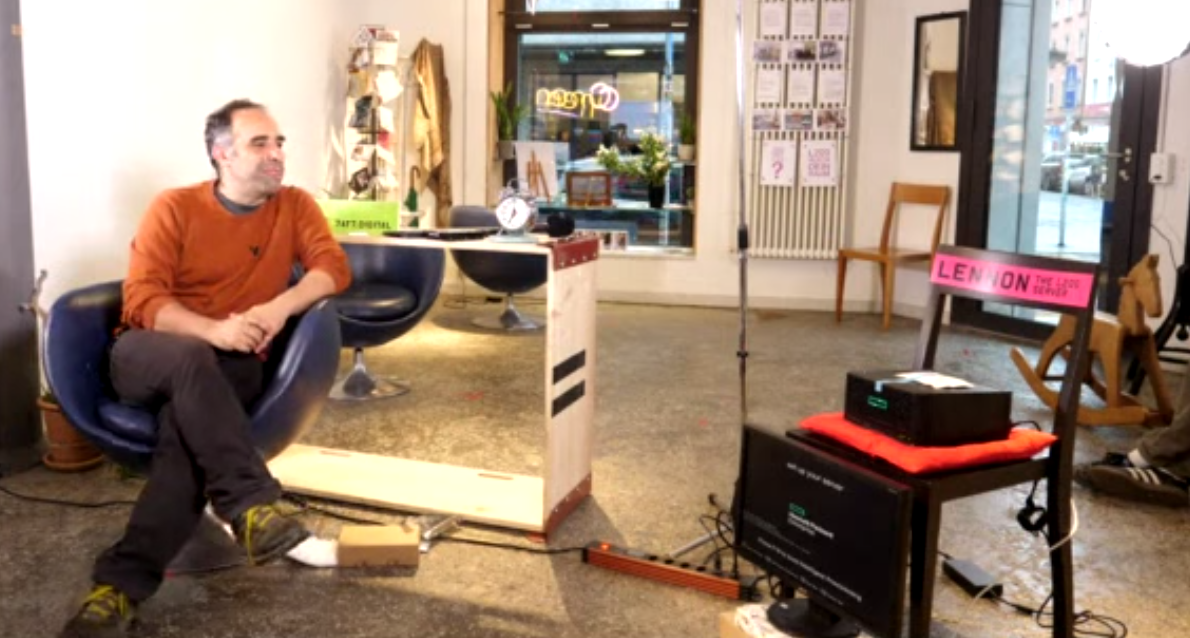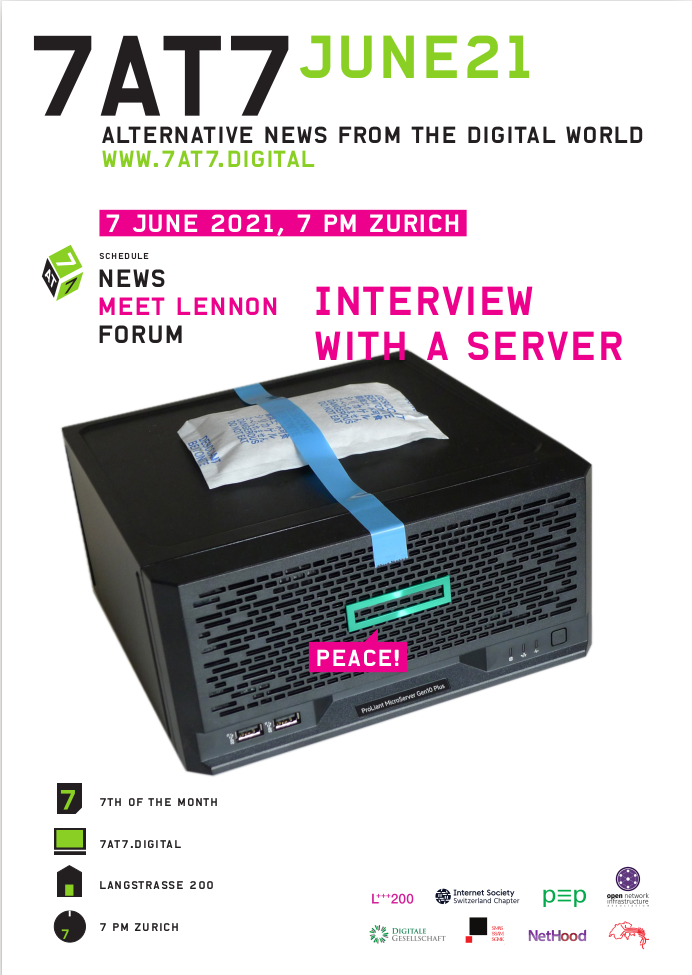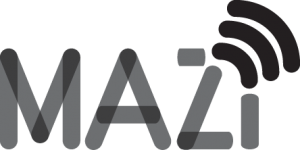L200 was conceived from the very beginning as a hybrid space. As a space that offers both a physical and digital infrastructure to support a sustainable neighbourhood life, including small businesses, toward more digital sovereignty and self-determination.
In times when such formulations like the "smart city", "artificial intelligence", "big data" and "blockchain" saturate the media, L200 wishes to offer a more sustainable and organic way to facilitate online interactions in the city.
This is one of the core research and action activities of one of the L200's founding members, NetHood, and you can learn more about their vision and projects at https://nethood.org/.
Lennon, the server
Since June 2021, L200 has its own computer server, which is used for educational purposes in the context of the 7at7 series, but also to host small-scale web sites like Martin Furrer's MASUP or the openfutures festival.
Stay tuned for more updates on the life of Lennon at L200!

The organic Internet
In addition to the standard web site and presence on social media, L200 has also a local-only digital space, using open source software, which can be visited only when someone is actually present at the L200 address, Langstrasse 200.
You can read here why such local networks are important complements to the public Internet, and more details about the organic Internet concept from an architecture perspective.
You can also watch an interview of Panayotis Antoniadis and a short presentation in german during the book launch of "Die Andere Stadt" edited by Hans Widmer, available to read or purchase at L200.
To participate in this local network you just have to connect to the WiFi WLAN L200.digital and browse the URL http://L200.digital.
For now, the L200.digital network is built on the MAZI toolkit and hosts three types of online interactions:
-
Photo sharing through NextCloud, a free software alternative to Google Drive, Dropbox, etc.
-
Collective writing with Etherpad, a free software alternative to Google Docs
- A digital Guestbook, a specialized application for local networks, implemented by UdK's Design Research Lab in Berlin
From time to time, one of the L200 windows is transformed to an interactive display where people can look at parts of the local network and if applicable participate live (e.g., typing on an Etherpad).
The right to the hybrid city
Many of the challenges, that citizens and small neighborhood shops in particular are facing because of gentrification and commodification of public space, are increasing relevant also at the digital space, the Internet. And there are very strong activist movements in both domains.
But the more people are connected to the Internet, and the more the urban space becomes hybrid (physical and digital), the more these two areas of action overlap and the corresponding actors need to collaborate more.
Through the project netCommons NetHood has developed a theoretical framework extending the "right to the city" concept for the case of the hybrid space, and has initiated a series of "encounters in the hybrid space", facilitating meetings between urban and digital activists. One of these meetings took place in Zurich and it was one of the first events organized at L200.
And more
More projects around technology and the city will be hosted at L200 in the future.
You are very welcome to propose an idea.
And stay tuned for what is coming soon!



